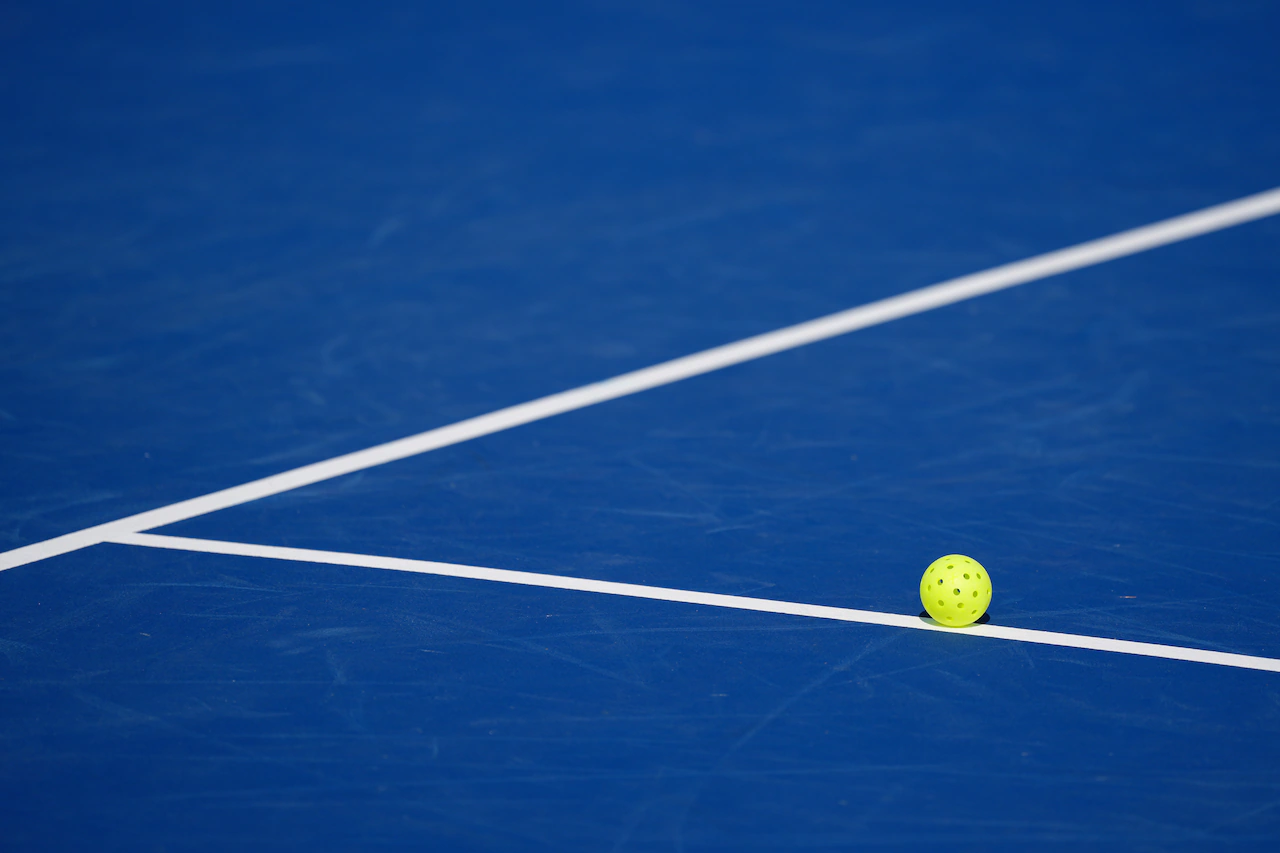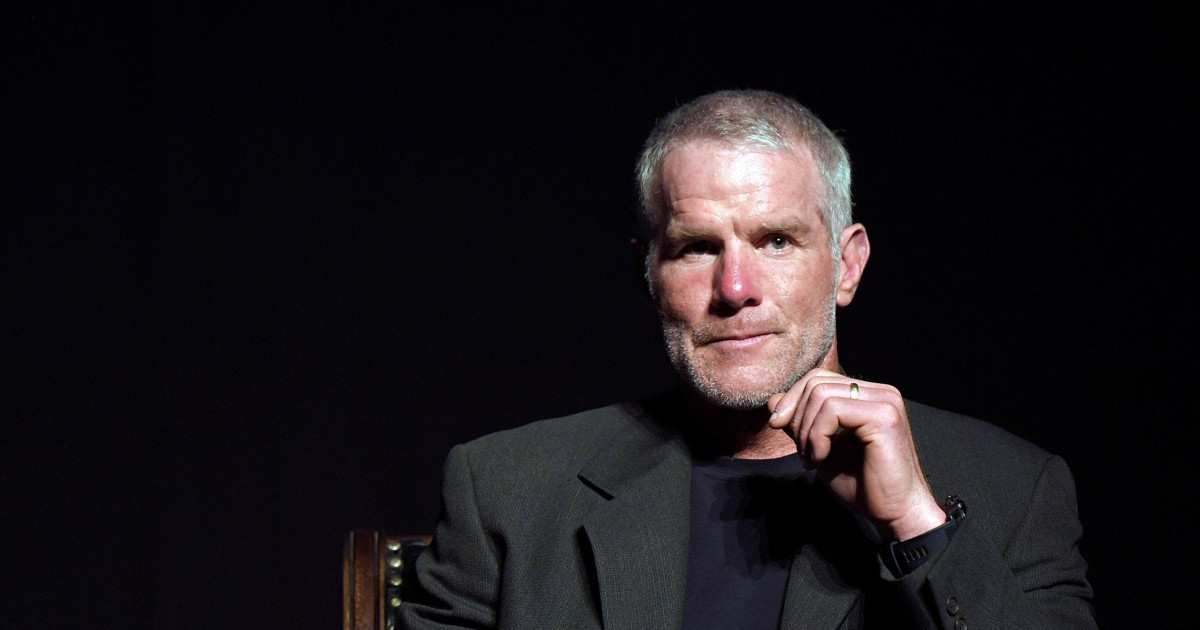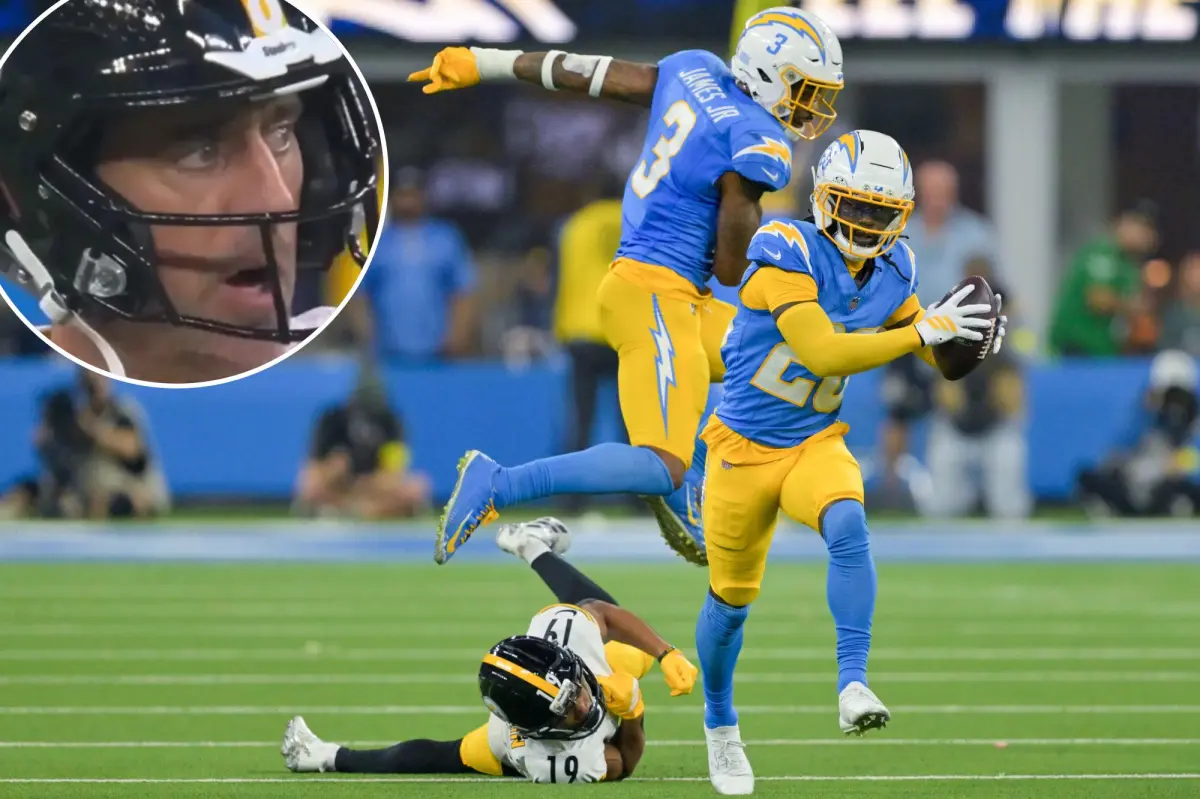Copyright cleveland.com

ROCKY RIVER, Ohio — When Rocky River paused its pickleball program last week over “ongoing behavioral concerns,” it might have sounded like a local oddity. But the city’s decision reflects a growing national trend: as pickleball surges in popularity, so do conflicts over rules, etiquette and court space — sometimes escalating into lawsuits, police calls and even vandalism. The Rocky River Recreation Department announced last week that all pickleball activities at the civic center are suspended until 2026 while officials work to clarify rules and ensure a welcoming environment. Recreation Director Bob Holub said disputes arose during drop-in games, not organized leagues. “We want each and every person that walks into any one of our spaces to feel welcome and supported,” Holub said. Similar tensions are playing out across the country. In Boise, Idaho, the city agreed in September to shut down pickleball courts in a public park after neighbors filed a lawsuit citing noise and “vulgar and offensive language” from late-night players. The city agreed to shutter the courts and transition them back to tennis courts in response to the lawsuit, which sought $1.6 million in damages for mental distress. The case remains pending. A similar situation arose in Carlsbad, California, with a woman filing a lawsuit over noise from a pickleball court that was built next to her property. And in San Diego, battles over court space between tennis and pickleball players have led to police intervention and ethics complaints against public officials. In Arlington, Virginia, opponents of the city building new pickleball courts in a park distributed flyers accusing pickleball players of bullying children and public urination -- claims that pickleball enthusiasts disputed. In Los Gatos, California, years of conflict over noise culminated in vandalism and threats at heated town meetings held on the city’s pickleball courts, prompting officials to install sound barriers and security cameras at their public pickleball courts. Pickleball’s meteoric rise — more than 19 million adults played in 2024, according to the Sports and Fitness Industry Association — has fueled what some describe as “entitlement issues” among players. Social media forums are filled with complaints about adults kicking children off courts and disrespectful conduct. For Rocky River, the pause is temporary. Holub said the program will return in 2026 with clearer rules. But as communities nationwide wrestle with similar challenges, the question remains whether pickleball’s growing pains will ease — or keep intensifying.



